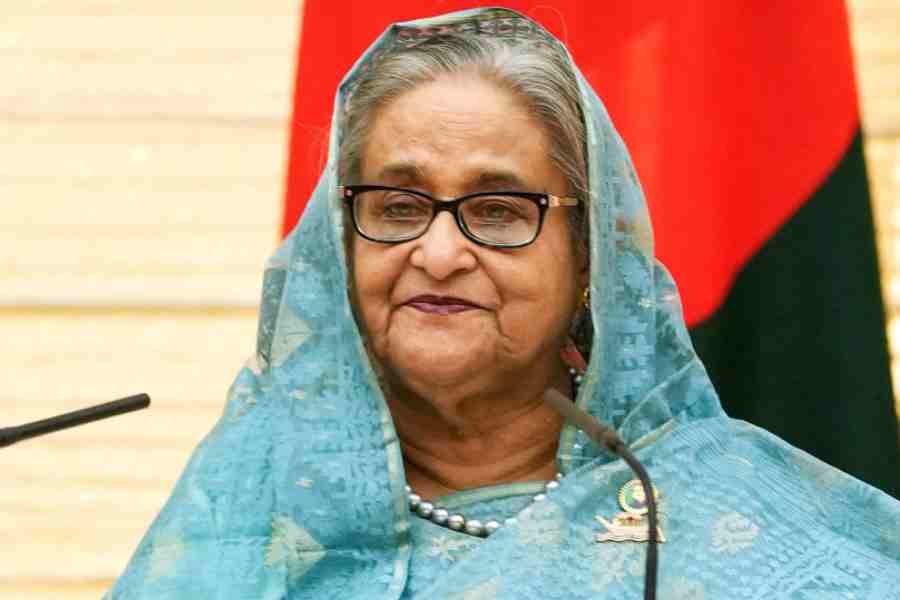A more than a decade-long failure on the part of India and Bangladesh to move ahead
on a water-sharing deal over the Teesta river has returned to haunt ties between the two neighbours. China’s envoy to Dhaka recently revealed that Beijing had offered to build key infrastructure on the river, including in parts that are within 100 kilometres of the Bangladesh-India border and are proximate to the so-called Chicken’s Neck, a narrow land corridor connecting Northeast India to the rest of the country. Bangladesh’s foreign ministry has indicated that it will not take steps that ignore India’s security concerns over any potential Chinese involvement in the river’s infrastructure. While it would be tempting to blame China for injecting potential tension between New Delhi and Dhaka over the Teesta, the episode only highlights why India and Bangladesh need to expeditiously resolve differences over water-sharing. That is vital for the water security of West Bengal and Bangladesh, for bilateral ties between New Delhi and Dhaka and, indeed, also affects the domestic politics of Bangladesh.
The river dries up significantly in summer. This poses a major challenge on both sides of the border where water-intensive paddy cultivation is a pivotal part of the local economy. The West Bengal chief minister, Mamata Banerjee, who turned down a 2011 water-sharing deal amid concerns that her state would get too little, has since said she would be willing to allow more water to flow into Bangladesh if Bengal gets water from interlinked rivers in India. But river interlinking initiatives in India have largely remained a pipedream. Bangladesh, as a lower riparian state, cannot afford to antagonise India too much because of the risk of losing out on even the little water it gets. But India must use its levels of influence with care. With Prime Minister Sheikh Hasina Wajed widely expected to return to power in the January 7 election, New Delhi must show how it can help her politically if she stays sensitive to Indian concerns. There is no better way of doing so than by arriving at a settlement on the Teesta, an issue on which Ms Wajed has faced repeated criticism from the Opposition in Bangladesh. Yet, for any of that to happen, a shift is needed in Indian domestic politics too. New Delhi and Calcutta must rediscover the federal spirit of the Constitution and set aside their political wars to urgently solve the Teesta dispute.











